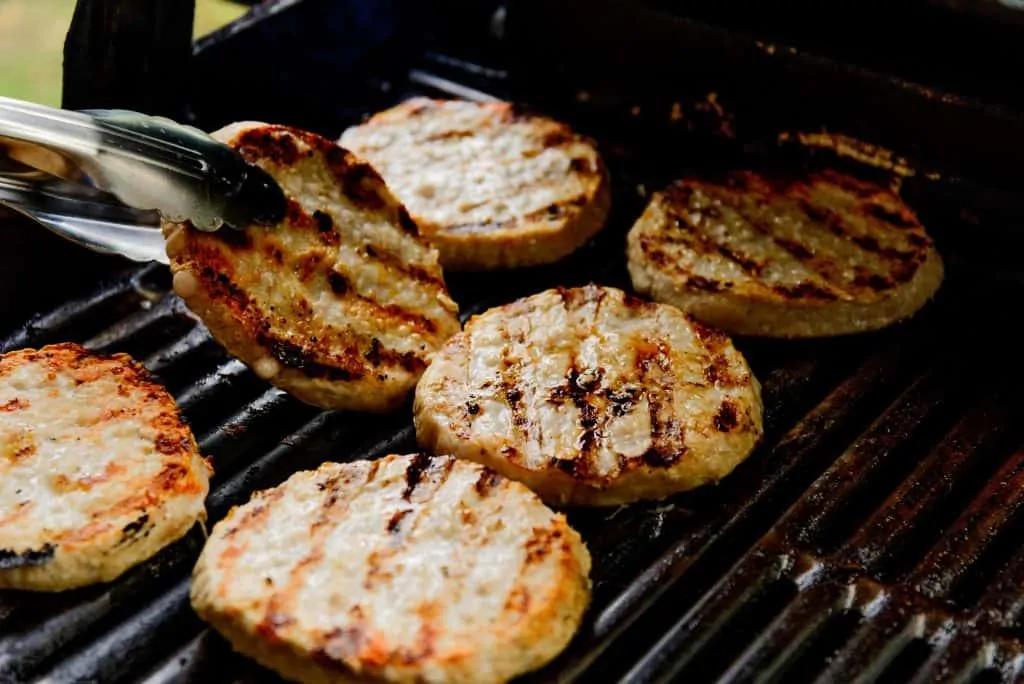Acid reflux, also known as gastroesophageal reflux disease (GERD), occurs when the contents of the stomach, including food and stomach acid, flow back into the esophagus. This can lead to symptoms such as heartburn, a burning sensation in the chest. While the causes of acid reflux can vary from person to person, certain foods have been found to worsen symptoms.

Foods That Trigger Acid Reflux
Research has shown that certain foods can exacerbate acid reflux symptoms. These include:
- Spicy foods: Spices such as chili peppers, hot sauces, and curry can irritate the esophagus and trigger heartburn.
- Fatty or greasy foods: Foods high in fat, such as fried foods and fatty cuts of meat, can relax the lower esophageal sphincter (LES), allowing stomach acid to flow back into the esophagus.
- Chocolate: Chocolate contains a compound called theobromine, which can relax the LES and contribute to acid reflux.
- Mint: Mint and peppermint can relax the LES and worsen acid reflux symptoms.
- Acidic foods and drinks: Citrus fruits and juices, tomatoes, garlic, and onions are all acidic in nature and can irritate the esophagus.
- Carbonated drinks: Soda and seltzer can increase the production of stomach acid and contribute to acid reflux.
- Caffeine drinks: Coffee and tea, which contain caffeine, can relax the LES and stimulate the production of stomach acid.
- Alcohol: Alcohol can relax the LES and increase the production of stomach acid, leading to acid reflux.
It is important to note that trigger foods can vary from person to person. Keeping a food diary and noting any symptoms can help identify individual trigger foods.
Changes to Diet to Reduce Acid Reflux Symptoms
Making changes to your diet can be an effective way to prevent or reduce acid reflux symptoms. Here are some dietary modifications that may help:
Avoid Fatty Foods and Simple Carbohydrates
Research has shown that a high-fat diet can worsen acid reflux symptoms. Opt for lean meats, poultry, fish, or other protein sources and choose dishes that are not fried, greasy, buttery, or heavy in creamy sauces. Additionally, choose complex carbohydrates that are slowly digested, such as whole grains and fiber, over simple sugars and starches.
Add More Fiber to Your Diet
Fiber has been found to improve acid reflux symptoms. Incorporate fiber-rich foods such as fruits, vegetables, beans, lentils, nuts, seeds, and whole grains into your diet.
Get Sauces on the Side
When dining out, ask for sauces and condiments on the side to control the amount consumed. Some condiments, like ketchup, mustard, and certain dressings, can trigger heartburn.
Add Flavor with Herbs
Replace trigger ingredients in your diet with herbs for added flavor. Basil, oregano, thyme, rosemary, and cilantro are great options.
Substitute Foods That Trigger Heartburn
Instead of fried foods, opt for baked, boiled, or grilled options. Choose salad over fries, water over caffeinated sodas or citrus juices, broth-based sauces over tomato-based sauces, and fruit-flavored candy or gum instead of chocolate.
Changes to Eating Habits to Reduce Acid Reflux Symptoms
In addition to making dietary changes, adjusting your eating habits can also help alleviate acid reflux symptoms. Here are some tips:
Eat Small or Regular Portions
Avoid oversized portions. Consuming large meals can put pressure on the digestive system and worsen heartburn. Opt for regular-size portions instead.

Have Smaller, More Frequent Meals
Instead of three large meals, try eating smaller meals more frequently. This can help reduce the pressure on the digestive system and ease heartburn symptoms.
Eat Slowly and Chew Thoroughly
Take your time to enjoy your meal and chew your food thoroughly. Eating slowly allows your body to properly digest the food and reduces the workload on your stomach.
Avoid Overeating
Overeating can trigger heartburn. Listen to your body's signals of fullness and stop eating before feeling stuffed.
Consider Timing
The timing of your meals can also impact acid reflux symptoms. Avoid eating late-night snacks close to bedtime, as this can lead to increased stomach acid production and a higher chance of experiencing heartburn. Experts recommend avoiding eating for at least three hours before going to bed.
Can Certain Foods or Drinks Help with Heartburn?
While there is no specific diet that can instantly cure acid reflux or heartburn, avoiding potential trigger foods can help manage symptoms. The Mediterranean diet, which emphasizes fruits, vegetables, and high-fiber ingredients, has been found to prevent GERD in some studies.
Heartburn Treatment Options
If dietary modifications do not provide sufficient relief from acid reflux symptoms, there are several medication options available. Antacids can neutralize stomach acid, while proton pump inhibitors and H2 blockers can reduce the production of stomach acid. PEPCID AC® is an example of an H2 blocker that can provide fast relief from heartburn symptoms.
It is important to consult with a doctor or registered dietitian for personalized advice on managing acid reflux through diet and lifestyle modifications. If heartburn symptoms persist for more than two weeks, it is recommended to seek medical attention.
PEPCID® is not indicated for the treatment of GERD. PEPCID® can be taken 15 to 60 minutes before a meal to prevent heartburn and provide relief throughout the day or night.
If you want to know other articles similar to Can smoked food cause acid reflux? you can visit the Dietary modifications category.

